On September 23, 2019, the High-Level Meeting on Universal Health Coverage was held in New York City, where the member states approved a political declaration on the CUS. One of the global challenges that are marked by High Level is the limited or uneven participation of civil society, particularly that of our region. When I refer to the limited involvement, I refer to similar previous experiences with AIDS HLM or TB. Perhaps we are so used to it. Still, in specifically related meetings of some disease, civil society was able to access resources to influence: permanent missions and decision-makers in the capitals, actively participate in some previous discussions, and perhaps much more critical in UHC itself as part of a delegation with ECOSOC status or national delegations.
Why has this happened?
- Interest: On the one hand, Universal Health Coverage has not had sufficient traction and attraction in the countries, networks, and organizations of the region. Except rarely, very few organizations have been significantly involved in the issue.
- Governments: In most LAC countries, similar to what happened with civil society, the interest of the State was minimal, unlike other regions, which made it very difficult to achieve multisectoral meetings in the countries or access to the permanent missions. Many governments decided not to include a single civil society representative.
- Language: This challenge is constant. Most civil society leaders do not speak English, or their fluency is limited for the understanding of documents and participation in consultations.
- Political context: Latin America is going through a series of profound political crises that have not been seen in our country since the 1970s and 1980s. A mixture of major political mobilizations that fights administrations: with more repression an HR violations; neo-liberal models and adjustments; the rampant and sistemic corruption exposed; macroeconomic challenges and governments changes, in a highly polarized context. This, on one hand, put civil society priorities, and work is going in another direction, and political dialogue with the government became almost nil.
- Multilateral systems and resources: LAC have been falling short of the priority of international development cooperation agendas, and this is reflected in the limited access of funds for civil society advocacy work, as well as, in the financing of the Agencies of the UN System to facilitate these dialogues in the countries. Interest and knowledge in agencies are uneven.
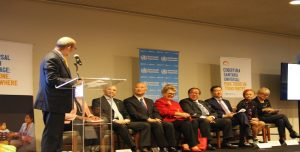
- Silos: Organizations that work in a disease or group of them do not have a tradition of coordinating efforts with other organizations and networks in different sectors; this has been once again in evidence.
Looking forward
 All this requires the development of new alliances with new actors: dialogues so far unusual and the consensus of broader and more comprehensive agendas.
All this requires the development of new alliances with new actors: dialogues so far unusual and the consensus of broader and more comprehensive agendas.






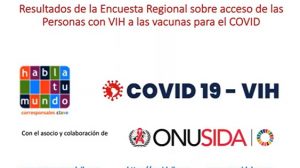
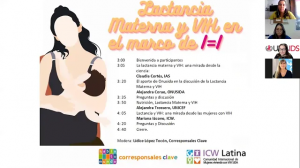
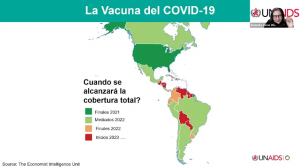
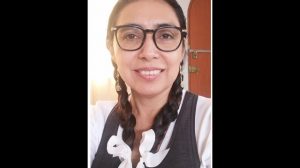
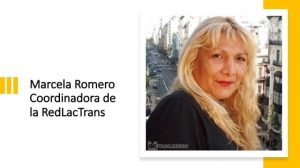
Añadir comentario